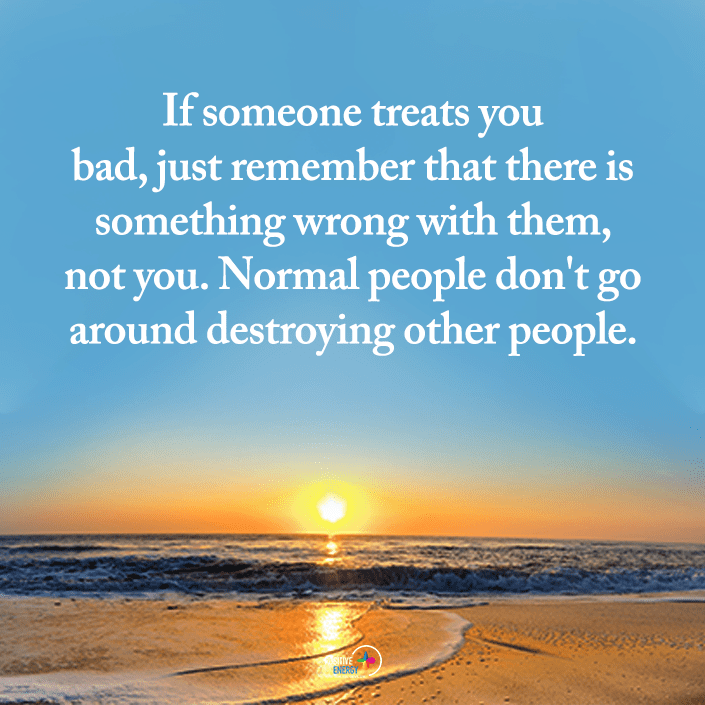Toxic family members can take a toll on your emotional and mental health. In some cases, they may act violent or abusive, becoming a threat to your safety. Your family should never scare or intimidate you but support you in both good and bad times. Having a stable, healthy family means you always have someone to count on when the world seems cruel and uncaring.
Historically, people have held their families close and counted on them for security. Nowadays, those ties have begun to fray in our individualized society. People have expanded their circles and found kinship in communities far beyond their own. We can connect with people all over the world, which increases opportunities for new relationships.
In this way, many people have found a sense of belonging that they never had with family. Modern social networks have become a blessing for those who endured toxic family members in childhood. However, not everyone finds it so easy to let go of their families. Guilt, abandonment issues, and doubts may get in the way.
7 Times It’s Time to Disconnect From Toxic Family Members
It may serve your best interests to release toxic family members. We’ll go over some signs that you should cut ties with the family below.
1. Your Family Members Display Abusive Behaviors.
You should never tolerate physical, emotional, or verbal abuse. Toxic family members see no problem making you miserable if they feel better about themselves. Abusive people typically have narcissistic tendencies and have no concept of healthy relationships. They believe they can treat others however they’d like without consequences.
To them, relationships only serve as a means to an end, and they will stop at nothing to get what they want. Dealing with these toxic family members can lead to mental illnesses and low self-esteem. It’s best to cut ties with them to protect your well-being.
2. Most of Your Interactions Are Negative.
You should terminate a relationship with toxic family members if they negatively influence you. Or, at least distance yourself from them, so their toxicity doesn’t affect you as much. Dysfunctional families tend to have overly negative outlooks, which can rub off on others. If you spend too much time around them, it can start to impact your mental health.
For instance, if they usually complain or criticize you in conversations, they probably don’t add much value to your life. It may hurt to end relationships with toxic family members, but you deserve positive people in your life.
3. You Constantly Have to Defend Yourself to Toxic Family Members.
It’s also a good idea to end contact with family members who constantly require explanations. If you always have to defend yourself around them, they don’t have your best interests at heart. You shouldn’t have to keep your guard up around family, so that should set the alarm bells off.
You can make your own choices in life without having to get approval from others. Their desire to control or micromanage your life also points to deep insecurity within themselves. Don’t allow them to have so much influence, especially if they only bring drama to the table.
4. They Gossip Behind Your Back.
Family members should never talk about you behind your back, but it happens often. Gossipers have low self-esteem and derive power from bringing others down, even family. However, you shouldn’t tolerate toxic family members treating you with such disrespect.
If you hear that they’ve been bashing you behind closed doors, confront them about it. If they can’t apologize or show no interest in changing their behavior, it’s time to release this relationship.
5. Your Toxic Family Members Show No Compassion.
Studies show that parent-child estrangement may occur due to specific dynamics like inadequate parenting. This could mean a lack of compassion or empathy, neglect, abusive or overly involved parenting. Children cited chronic parental sensitivity as another reason for cutting ties with parents. For example, the parent may create constant conflict, perpetuate one-sided relationships or display negative outbursts.
Of course, mental illness may play a role in the behaviors of toxic family members. While showing empathy and understanding toward family is essential, this doesn’t excuse their behavior. If you can’t agree with them, it may serve you best to walk away from the relationship.
6. They Disrespect Your Boundaries.
Toxic family members may have no respect for your boundaries, whether in your personal or work life. They believe they’re entitled to show up at your home or workplace whenever they feel like it. Also, they may become overly involved in your relationships, wanting to know every detail of your love life.
You may brush it off as them just being lonely and needing companionship. However, they have crossed the line if they can’t learn to give you space, especially with intimate relationships. If they don’t seem to care about making you uncomfortable, it’s time to release this family member for good.
7. They Judge and Criticize You.
Abusive family members never seem to have anything positive to say. No matter what you do, it never seems good enough in their eyes. If you got a promotion at work, they would judge you for taking so long to move up. Or, if you moved into a new house, they may criticize the location or style. They only want to get a rise out of you, so don’t let them.
Final Thoughts on Releasing Toxic Family Members
Unfortunately, not all of us have loving, supportive families. Unstable and abusive parents or extended family members can cause unwanted stress and even mental illnesses. In some cases, the pressure of turbulent relationships may lead to physical health issues, such as chronic pain.
Family should be a haven–somewhere you can go to escape the horrors of the world. If you have toxic family members that only bring you down, perhaps it’s time to let them go. You may feel guilty or ashamed at leaving your family behind. However, holding on to negative relationships will only harm you in the long run.

















 Community
Community

